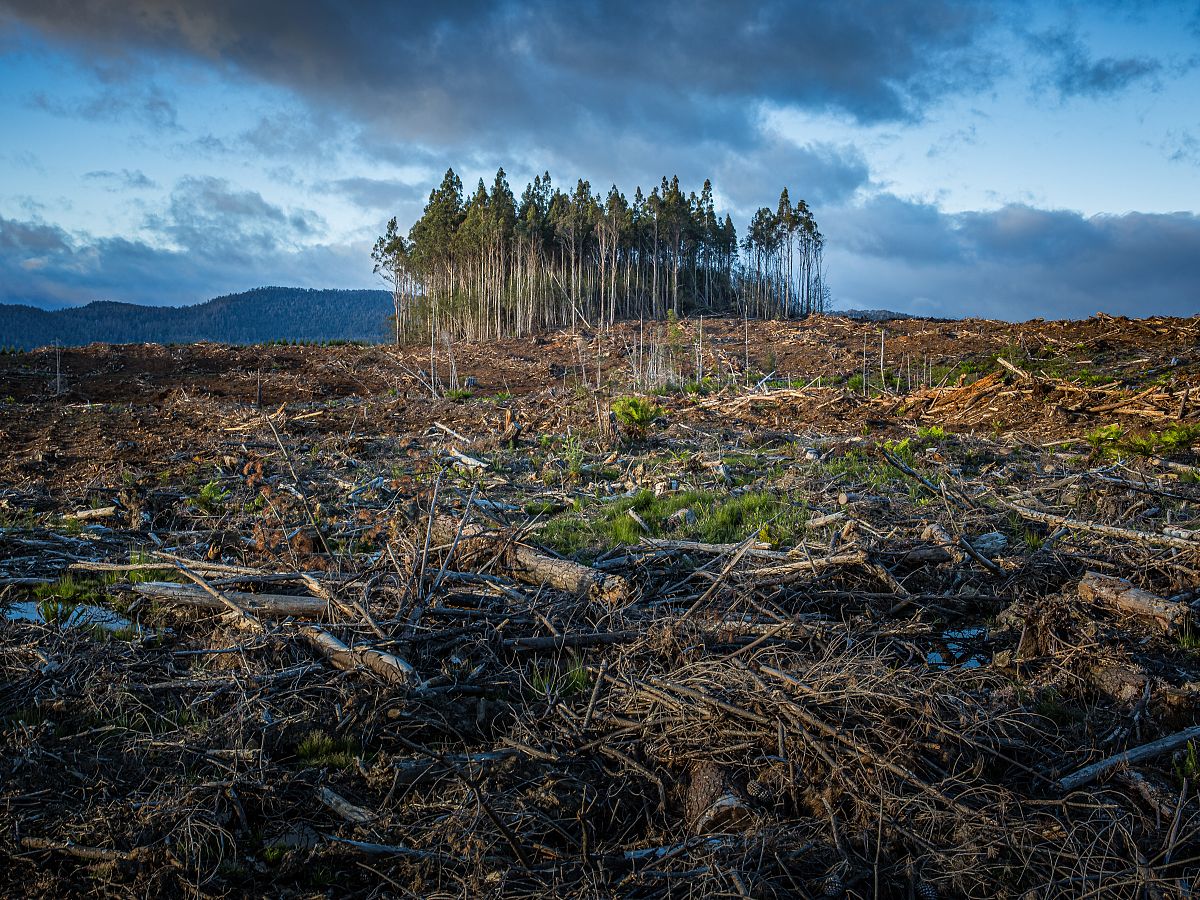Representatives from Durham University are attending the 2021 United Nations Climate Change Conference, also known as COP26, following confirmation that we have been granted provisional observer status for this year’s event.
Hosted by the UK in Glasgow, together with partner Italy, the conference will be the 26th meeting of the Parties. Our hope is that our attendance will spark new research and collaboration opportunities and enhance our understanding of the processes of international negotiations around the climate crisis.

From energy to transport, how can we ensure that we 'leave no one behind' as we move towards a greener, more sustainable world post Covid?
Attendees from the University will observe open sessions and negotiations at the event in Glasgow, giving them an inside-view on how the climate crisis is being addressed at the highest levels.
We will also be working with local schools and with Durham County Council and OASES (Outdoor and Sustainability Education Specialists) to organise an international school climate education project in advance of the conference.
Durham’s research and COP26
Durham Energy Institute (DEI) Director, Professor Simone Abram, and Dr Rebecca Ford from the University of Strathclyde were guests on the Climate Papers podcast discussing what a socially inclusive approach to a decarbonised economy would look like.
From energy to transport, how can we ensure that we 'leave no one behind' as we move towards a greener, more sustainable world post Covid?
Read about Simone Abram's COP26 Universities Briefing arguing Transition to post-carbon economy must be inclusive.
Why do we need to act?
You may have seen recent news articles referring to the IPCC report and headlines such as ‘Code Red for Humanity’, ‘Major climate changes inevitable and irreversible – IPCC’s starkest warning yet’, and ‘Climate change: At-risk nations fear extinction after IPCC report’.
The report also shows that human actions still have the potential to determine the future course of climate. The evidence is clear that carbon dioxide (CO2) is the main driver of climate change, even as other greenhouse gases and air pollutants also affect the climate.
Stabilising the climate will require strong, rapid and sustained reductions in greenhouse gas emissions, and reaching net zero CO2 emissions. Limiting other greenhouse gases and air pollutants, especially methane, could have benefits both for health and the climate.
But it is not just about temperature. Climate change is bringing multiple different changes in different regions – which will all increase with further warming. These include changes to wetness and dryness, to winds, snow and ice, coastal areas and oceans. For example:
- Climate change is intensifying the water cycle. This brings more intense rainfall and associated flooding, as well as more intense drought in many regions.
- For cities, some aspects of climate change may be amplified, including heat, flooding from heavy precipitation events and sea level rise in coastal cities.
- Coastal areas will see continued sea level rise throughout the 21st century, contributing to more frequent and severe coastal flooding in low-lying areas and coastal erosion.
For more about the impact of climate change on the North East read a summary of climate change risks for North East England.
Keep up to date
If you’d like to keep up to date with Greenspace here at Durham, visit our SharePoint site, or follow us on Facebook or Instagram.
Why not get involved? Sign up to My Greenspace here.
Find out more
